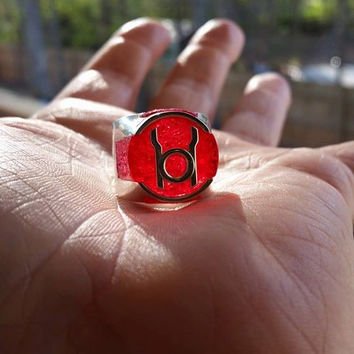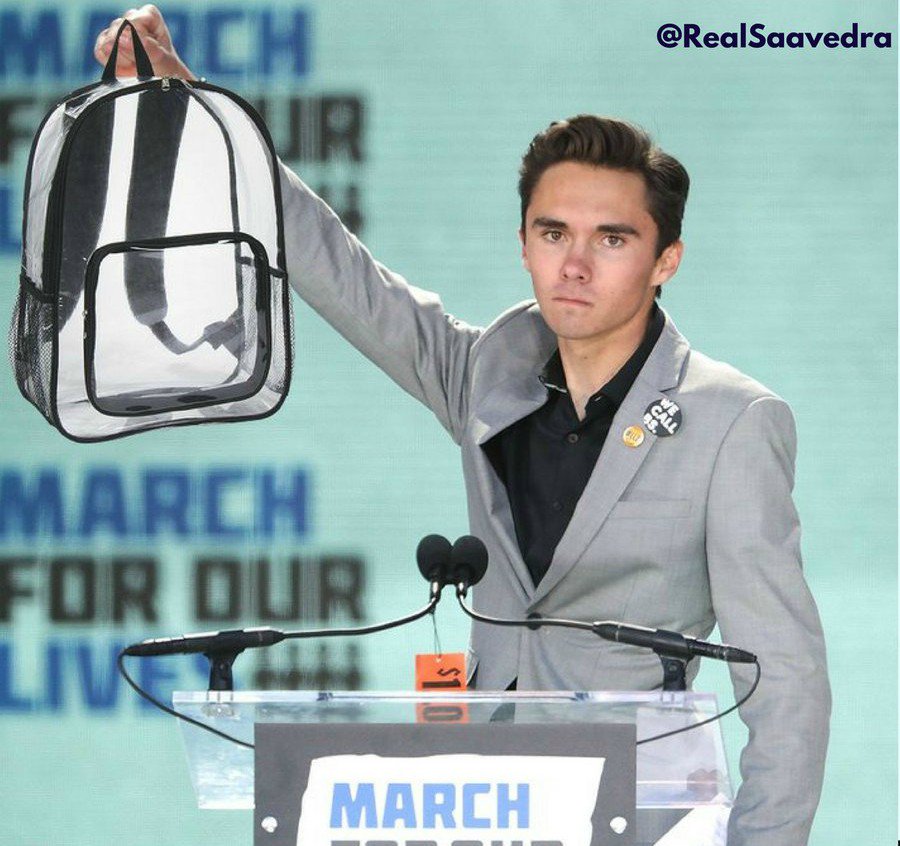First, what is causing this high frequency of dangerous loneliness to happen in a world where connection is easier than ever? And second, what do we do about it?
I'm gonna take a stab at tackling both of those questions.
But what about if you don't HAVE someone you trust yet? What then?
Here are things that I have seen work for clients in building their living (as opposed to online) social networks in adulthood, and that might work for you:
healthline.com/health-news/ho…
volunteermatch.org






